15 years one-stop China custom CNC machining parts factory
 216 |
Published by VMT at Sep 27 2024
216 |
Published by VMT at Sep 27 2024
In today’s highly competitive and specialized industries, custom manufacturing has become an essential service. It allows businesses to meet specific design and performance requirements that standard production methods cannot achieve. Whether you're developing intricate components for aerospace, medical devices, or consumer electronics, custom manufacturing ensures precision, flexibility, and the ability to create one-of-a-kind parts or small production runs tailored to unique needs.
Unlike mass production, which focuses on creating large volumes of identical items, custom manufacturing focuses on meeting precise customer requirements for individual or low-volume orders. In this article, we will explore what custom manufacturing entails, its key advantages, and the processes involved. We will also examine how it applies across various industries and how to select the right custom manufacturing partner.
Custom manufacturing is a production process where goods are made specifically to customer specifications. This manufacturing approach allows for complete customization of materials, design, and processes to meet exact requirements. It can range from producing a single prototype to small-scale production runs of complex components that demand high precision and quality.
In custom manufacturing, flexibility is key. Manufacturers utilize advanced techniques like CNC precision machining, 3D printing, and laser cutting to create parts and components tailored to exact specifications. Custom manufacturing is widely used in industries like aerospace, medical devices, automotive, and electronics, where off-the-shelf solutions are often inadequate due to the complexity or specificity of the required components.
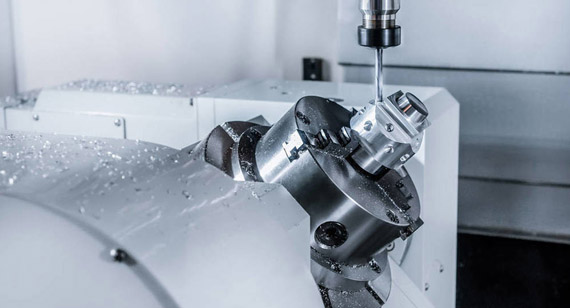
Mass production involves creating large volumes of identical items, typically at a lower cost per unit due to economies of scale. This method focuses on efficiency and minimizing unit costs by standardizing processes and materials. Mass production is ideal for products like consumer goods, electronics, and automotive parts that are produced in high quantities.
In contrast, custom manufacturing focuses on producing unique or low-volume items that meet specific customer requirements. While the cost per unit may be higher, custom manufacturing allows for:
Custom manufacturing offers numerous benefits for businesses that need high-quality, precise, and adaptable production solutions. It is particularly useful for industries requiring specialized components or small production runs that cannot be efficiently produced through mass production. Below are the key reasons to choose custom manufacturing.
Quality Control
Custom manufacturing allows for stringent quality control measures throughout the production process. Manufacturers can focus on perfecting each part to meet the exact specifications of the customer, ensuring that the final product is of the highest quality. By working closely with the customer, manufacturers can make adjustments at every stage to ensure that the part or product meets all design and functional requirements.
For industries such as aerospace and medical devices, where precision is crucial, custom manufacturing ensures that every component meets strict standards for quality, performance, and safety.
Scalability
Custom manufacturing provides scalability by offering flexible production volumes. Whether you need a single prototype or a small batch run, custom manufacturing can adapt to your requirements. As your needs grow, manufacturers can scale production without compromising quality. This flexibility is particularly important for startups and companies in rapid growth phases, allowing them to test new products and adjust production as demand increases.
Streamlined Solutions
Custom manufacturing also enables streamlined production processes. Unlike mass production, where multiple parts may need to be outsourced and assembled, custom manufacturers can integrate processes such as CNC machining, 3D printing, and laser cutting in-house. This reduces lead times and simplifies project management by keeping everything under one roof. It also ensures that the finished product is cohesive and meets all design specifications.
Good Customer Relationships
One of the major benefits of custom manufacturing is the close relationship between the manufacturer and the customer. Manufacturers work directly with clients to understand their unique needs, ensuring that the final product is tailored specifically to those requirements. This collaborative approach ensures that both parties are aligned on design, materials, and production goals, leading to greater customer satisfaction and loyalty.
High Flexibility and Adaptability
Custom manufacturing is highly flexible, allowing companies to adapt quickly to changes in design or production requirements. Whether you need to make small adjustments to a design or switch to a different material, custom manufacturers can accommodate these changes without significant disruption to the production process.
Cost-Effectiveness
While custom manufacturing may have a higher upfront cost per unit compared to mass production, it can be more cost-effective in specific scenarios, especially when factoring in the reduced need for inventory and waste, as well as the ability to make small production runs without investing in expensive tooling. Custom manufacturing also reduces the risk of producing large quantities of parts that may not meet specifications, saving money on revisions and adjustments. For companies with precise or low-volume needs, custom manufacturing offers a better return on investment by providing exactly what is needed without excess production or material waste.
Custom manufacturing encompasses a wide variety of processes, each designed to meet specific project requirements. Depending on the part design, material selection, and intended application, different manufacturing techniques can be utilized to achieve optimal results. The two primary categories of custom manufacturing processes are additive manufacturing and subtractive manufacturing. Below, we explore the technologies associated with each.
Additive Manufacturing
Additive manufacturing involves creating objects by adding material layer by layer, typically using 3D printing technologies. This process is highly flexible and enables the production of complex geometries that would be difficult or impossible to achieve using traditional manufacturing techniques. Additive manufacturing is ideal for rapid prototyping and small-scale production of custom parts.
These additive manufacturing technologies include:
Stereolithography (SLA): SLA uses a laser to cure liquid resin into solid parts layer by layer. It is highly accurate and provides smooth surface finishes, making it ideal for prototypes and small, detailed parts.
Selective Laser Sintering (SLS): SLS uses a laser to sinter powdered material into a solid structure. It works with a variety of materials, including metals and polymers, making it versatile for custom manufacturing.
Fused Deposition Modeling (FDM): FDM extrudes thermoplastic material layer by layer to create parts. It’s a cost-effective method for creating durable, functional prototypes and end-use parts.
Poly Jetting: This process sprays layers of photopolymer onto a build platform and cures them with UV light. It allows for multi-material printing and high-resolution parts.
Binder Jetting: In binder jetting, a liquid binder is used to adhere powder particles, layer by layer. It is often used for metal and ceramic parts and can produce larger, more complex shapes.
Fused Filament Fabrication (FFF): FFF is similar to FDM and involves depositing melted material layer by layer to create a part. It is widely used for making functional prototypes and small production runs.
Selective Laser Melting (SLM): SLM melts and fuses metal powders into solid parts using a high-energy laser. It’s commonly used for creating high-strength metal parts in industries such as aerospace and medical devices.
Multi Jet Fusion (MJF): MJF uses a combination of fusing and detailing agents applied to a bed of powder, followed by heat to create precise, functional parts.
Direct Metal Laser Sintering (DMLS): DMLS is similar to SLM but uses sintering instead of full melting. It’s effective for creating strong, dense metal parts directly from digital models.
Electron Beam Melting (EBM): EBM uses an electron beam to melt metal powder, layer by layer. It is known for producing parts with excellent material properties, making it popular in aerospace and medical applications.
Subtractive Manufacturing
Subtractive manufacturing involves removing material from a solid block (workpiece) to create the desired shape. This process is the foundation of CNC machining and other traditional manufacturing methods. Subtractive manufacturing is ideal for parts that require high precision, tight tolerances, and superior surface finishes.
Typical subtractive manufacturing technologies include:
CNC Machining – Milling, Drilling, Turning, Planing, Reaming, Boring: CNC machining is the most common subtractive method for custom manufacturing. It offers unparalleled precision, making it ideal for industries requiring detailed and complex parts like aerospace and medical devices. CNC machines can work with a wide range of materials, including metals and plastics.

Electrical Discharge Machining (EDM): EDM uses electrical discharges to shape metal. It’s typically used for hard metals that are difficult to machine with traditional methods and for creating intricate parts.
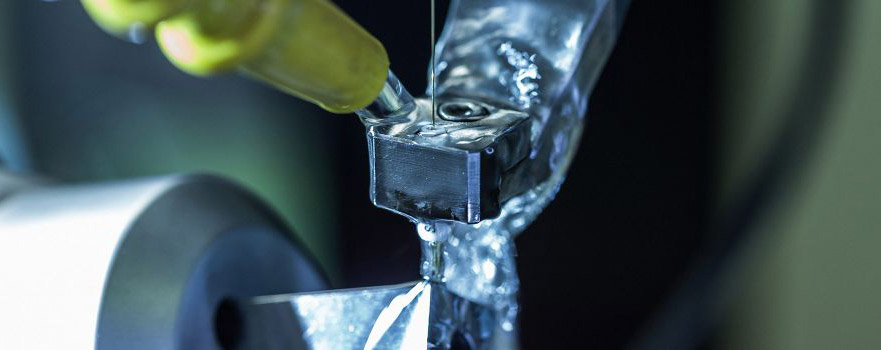
Plasma Cutting: Plasma cutting uses a high-temperature plasma torch to cut through metal. It’s a fast and efficient process for creating large metal parts, particularly in the automotive and industrial sectors.
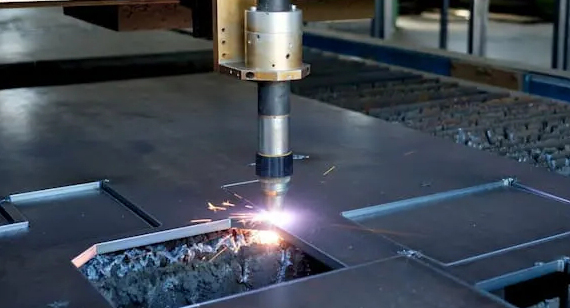
Water Jet Cutting: Water jet cutting uses a high-pressure stream of water mixed with an abrasive material to cut through metal, stone, or composite materials. It’s ideal for cutting thick or complex materials without affecting their structural integrity.
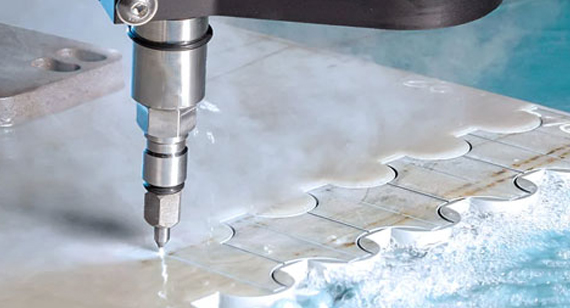
Selecting the right custom manufacturer is crucial to ensuring the success of your project. The right partner will provide the necessary expertise, quality, and scalability to meet your production needs. Here are some key factors to consider when choosing a custom manufacturer.
Check the Types of Products They Produce
Before partnering with a custom manufacturer, it’s important to assess whether they have experience producing the types of parts you need. A manufacturer that specializes in CNC machining for aerospace components, for example, may not be the best fit if you need custom electronics enclosures. Look for manufacturers who have experience in your specific industry and understand the unique challenges your product presents.
Consider Brand Reputation
The reputation of the custom manufacturer can give you insights into their reliability and quality standards. Look for manufacturers with positive customer reviews, industry certifications, and a track record of delivering high-quality products. Additionally, word-of-mouth recommendations from peers in your industry can help you identify trusted custom manufacturing partners.
Evaluate Process and Material Quality
Different projects require different materials and manufacturing processes. Evaluate the manufacturer’s material offerings and the processes they use. For example, if you require CNC precision machining, ensure the manufacturer has the right machines and expertise to work with your specified materials, such as stainless steel or titanium.
Price
Cost is always a major factor in manufacturing decisions. Compare quotes from multiple custom manufacturers to ensure you're getting competitive pricing. However, keep in mind that the lowest price does not always equate to the best value. Consider the manufacturer’s expertise, quality standards, and ability to meet your specific needs when evaluating cost.
Delivery Time
Timely delivery is critical, especially in industries where time-to-market is a priority. Make sure the manufacturer can meet your deadlines and has the capability to scale production if needed. A manufacturer with experience in rapid prototyping or low-volume production might be better suited to your project if quick turnaround times are a priority.
Custom manufacturing plays a vital role in many industries where standard solutions are insufficient. Below are some of the key industries that rely on custom manufacturing to meet their specific needs.
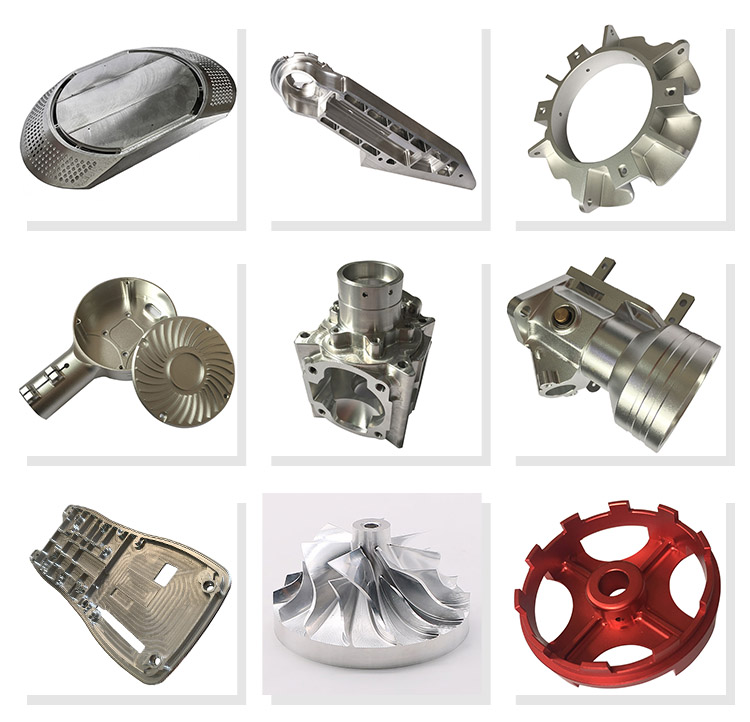
Military
The military sector requires custom manufacturing for a variety of components, including weapons systems, vehicles, and communications equipment. These parts must meet stringent performance, safety, and durability standards, often under extreme conditions. Custom manufacturing ensures that these specialized components are made with precision, durability, and compliance with military regulations.
Aerospace Components
Aerospace is one of the most demanding industries for custom manufacturing due to the need for high-performance parts that are lightweight, strong, and resistant to extreme conditions. Custom CNC machining is frequently used to produce precision parts like engine components, landing gear, and structural frames. Custom manufacturing also allows aerospace companies to prototype and test new designs quickly before full-scale production.
The electronics industry often requires custom enclosures, heat sinks, and connectors that are not available off the shelf. Custom manufacturing enables electronics manufacturers to create components that fit precisely within their devices, ensuring both functionality and aesthetics. Whether through CNC machining or 3D printing, custom manufacturers help bring innovative electronics to market with custom solutions.
In the medical field, custom manufacturing is essential for creating specialized equipment, implants, and tools. Medical devices require precision engineering, high-quality materials, and strict regulatory compliance. Custom manufacturing, particularly in CNC precision machining, allows for the production of complex, small-scale components with exact tolerances.
The automotive industry relies on custom manufacturing to produce parts for high-performance vehicles, custom modifications, and low-volume production runs. Custom manufacturing ensures that parts are tailored to specific vehicle designs, improving performance, safety, and reliability. Processes such as CNC machining and metal casting are frequently used to create precision components like engine parts, transmission systems, and custom interiors.
At VMT, we specialize in delivering high-quality custom CNC machining services tailored to meet the specific needs of our clients across various industries. With over 15 years of experience in CNC precision machining, we offer a wide range of services, from CNC prototype machining to full-scale production, ensuring that every component we produce meets the highest standards of quality, precision, and durability.
We take pride in our ability to offer custom manufacturing solutions that include CNC machining, additive manufacturing, metal casting, and more. Our team of experts works closely with clients to understand their unique needs, ensuring that every project is completed on time, within budget, and to exact specifications.
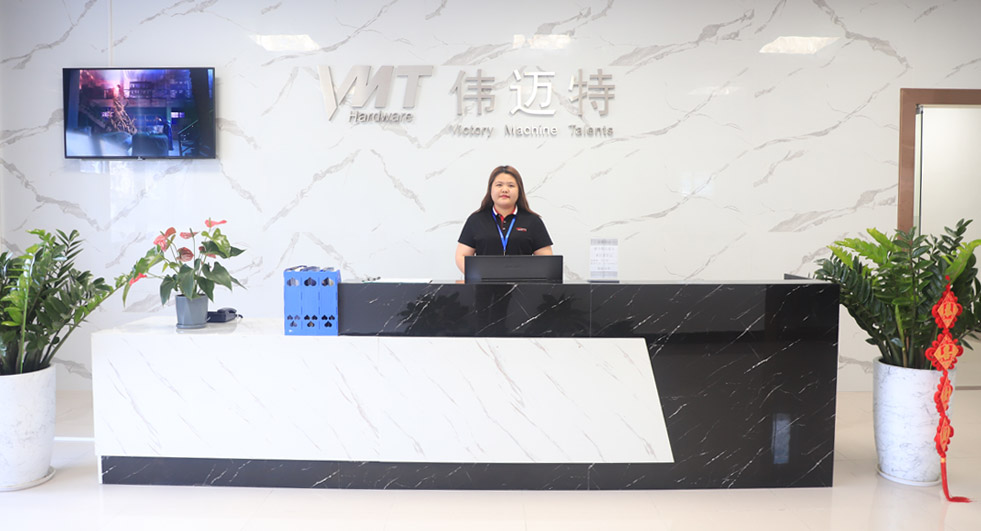
Custom manufacturing is the ideal solution for businesses requiring flexibility, precision, and high-quality components tailored to their specific needs. Whether you are in the aerospace, medical, or automotive industry, choosing the right custom manufacturing process and partner can significantly impact the success of your project. From CNC machining to additive manufacturing, custom manufacturing allows you to create unique parts with the precision and quality needed for today's demanding applications.
With VMT's CNC machining services, you can trust that your custom parts will be manufactured to the highest standards. Whether you need a single prototype or a full production run, we have the capabilities and expertise to deliver exceptional results.
What are the types of custom manufacturing?
Custom manufacturing includes various processes such as CNC machining, 3D printing, metal casting, and sheet metal fabrication, depending on the material and design requirements.
What are the common challenges of custom manufacturing?
Some challenges include managing lead times, ensuring material availability, maintaining high precision and quality, and handling changes in design specifications.
Is custom production better than mass production?
Custom production is ideal for specialized, low-volume, or high-precision parts, while mass production is more suited for high-volume, standardized items.
What is the difference between production and manufacturing?
Production refers to the broader process of creating goods, while manufacturing specifically involves the physical creation of products from raw materials.
What is the difference between manufacturing and assembly?
Manufacturing involves making the individual components, while assembly is the process of putting these components together into a final product.
What are the three types of manufacturing production?
The three types of manufacturing production are custom manufacturing, batch production, and mass production. Each type has different benefits depending on the scale and complexity of the product being made.
